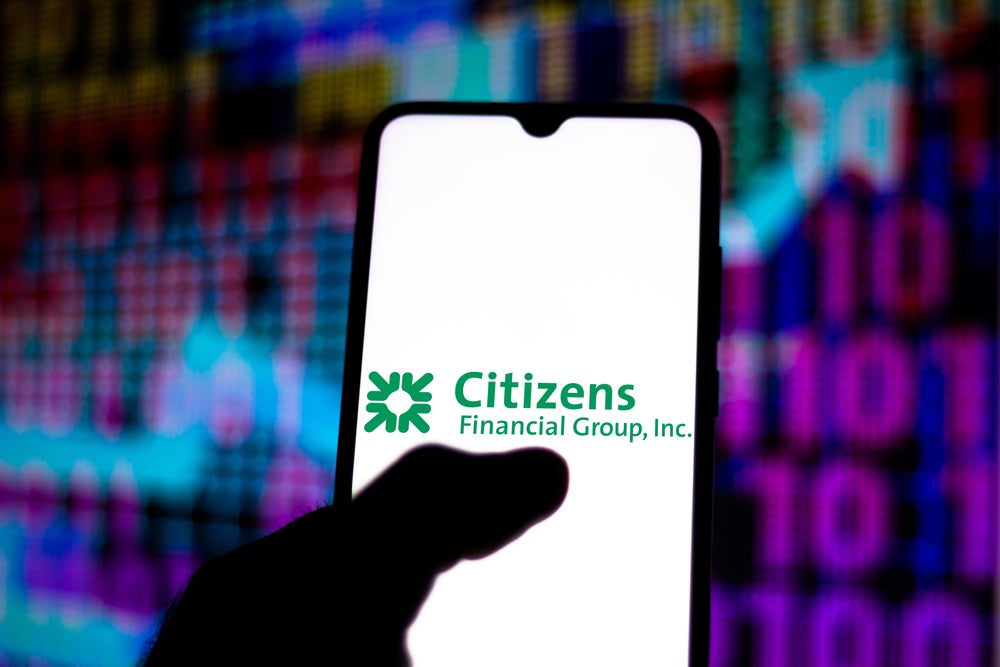Indonesia’s HNWI population has been sheepish when it comes to onshore investments. However, newly found political stability and the implementation of a tax amnesty is likely to encourage prosperity in the wealth market in the coming years. PBI looks into GlobalData’s recent report
The Indonesian affluent market is small, but is set for strong growth. The proportions of high net worth individuals (HNWI) and mass affluent individuals compared to its population are unremarkable, but strong predicted growth rates make it attractive for private banks and wealth managers.
Deposits account for a lower proportion of the market than the regional average, while bonds continue to flourish. Outside of the onshore liquid market, local HNW individuals show strong appetite for property investment, while concerns about economic stability have pushed investors to hold assets offshore. However, the election of President Joko Widodo late in 2014 brings stability and optimism to the market, and the recent passing of a tax amnesty is expected to make significant amounts available for government spending.
Critical success factors
How well do you really know your competitors?
Access the most comprehensive Company Profiles on the market, powered by GlobalData. Save hours of research. Gain competitive edge.

Thank you!
Your download email will arrive shortly
Not ready to buy yet? Download a free sample
We are confident about the unique quality of our Company Profiles. However, we want you to make the most beneficial decision for your business, so we offer a free sample that you can download by submitting the below form
By GlobalDataRepatriation of offshore HNW assets – As Jokowi’s tax amnesty continues to encourage repatriation of funds, a key opportunity is presented for wealth managers to increase assets under management (AUM).
Education of clients – Private banks will benefit by educating their clients as to the benefits of bringing wealth home rather than booking investments abroad.
Targetting the Sharia-compliant product space – As the most populous Muslim country in the world, recent steps taken towards a more centralized approach by the National Sharia Board and the financial services authority (Otoritas Jasa Keuangan [OJK]) could see renewed interest in this sector.

HNW investor sentiment
HNW individuals are yet to embrace more complex alternative products, with 94% of HNW onshore wealth held in cash. The remaining 6% largely goes into property investments (either directly or funds), but a healthier outlook for commodities may encourage interest in more sophisticated wealth management products from local providers in this space going forward.
Offshore investments remain a major element of the typical HNW Indonesian’s portfolio – with Singapore being one of the main destinations. The leading drivers of offshore investment have circled back to concerns about local economic stability and the perception that better returns can be garnered offshore.
The typical HNW Indonesian’s onshore portfolio devotes a relatively low proportion of their assets to alternative investments and property – just 6.3%, far lower than the average for Asia Pacific. The overall proportion of alternatives is also heavily biased towards property rather than commodities, private equity, or other structured products. Real estate investment trusts (REITs) account for the bulk of property exposure, likely due to the recent changes to tax laws that reduce seller and buyer tax on Indonesian REITs, which had previously made them unattractive in terms of their tax burden.
As such there is considerable opportunity for wealth managers to grow their AUM in Indonesia by raising the onshore holdings of alternatives to levels comparable to other local ASEAN markets, such as Malaysia.
With the growth of the local economy and the further development of the onshore alternative investments market, there are opportunities for wealth managers looking to grow their client AuM (assets under management) in the region. Institutions have begun to compete in the wealth management service space by including client education as part of their offering. For example, Bank International Indonesia (BII) provides a wealth management service for those with a minimum average deposit of IDR1bn ($75,000) called BII Platinum Access, offering educational seminars with speakers from various fields as well as personal consultations with the bank’s financial planners to help them determine the instrument and direction of their capital market investments.








